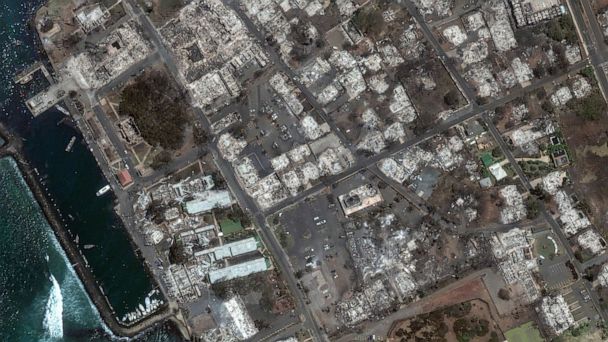
WASHINGTON — President Biden on Monday unveiled his requests for the 2025 budget, potentially his last chance to cement a legacy on drug costs, cancer research, and broad health care coverage.
The president’s $130.7 billion proposal is a dip from the $144.3 billion requested for this financial year and a nod to the tough line Congress has taken on government spending.
advertisement
Biden also designed the plan to grab the attention of voters. While presidential budget proposals always include a long list of priorities that are unlikely to become law, Biden’s budget aims to show voters what they’d get in return for keeping him in office and voting in a Democratic-controlled Congress, including lower health care costs, expanded insurance coverage, and beefed up cybersecurity for hospitals.

Get unlimited access to award-winning journalism and exclusive events.
Subscribe Log In















